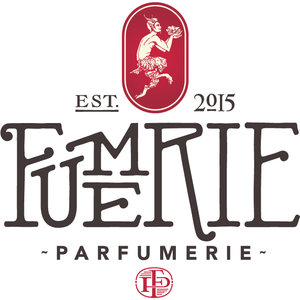The art of perfumery has long been shrouded in mystery. We have all heard the fantastic stories about the painstaking collection of rare ingredients and precious essences from the farthest corners of the world. In films and documentaries, we have witnessed the slow and miraculous transformation of these essences into oils as workers tend to large copper stills in rustic labs deep in the bucolic French countryside. This romantic view of the perfume industry reflects a world that has long since disappeared and yet perfume houses perpetuate this idyllic worldview leading to an increasing disconnect between customer expectations and reality.
The truth is that the modern fragrance industry is sophisticated, complex and cosmopolitan. The birth of modern perfume industry dates back to the mid-1800s and was the direct result of scientific advances that led to the discovery of synthetic routes to several expensive isolates, most notably coumarin in 1868. Fourteen years later in 1882, Paul Parquet used synthetic coumarin in Fougère Royale, marking the beginning of the era of modern perfumery.
From that point on, the history of the fragrance industry is inexorably tied to developments in fragrance chemistry with each new discovery driving the engine of progress. Synthetics provide structure and shape to fragrances while naturals provide the depth and texture. The importance of these components has been understood by perfumers for over a century with Ernest Beaux, the creator of Chanel Nº 5, remarking that, "The future of perfumery is in the hands of chemists."
To more fully understand and appreciate the fragrances that we love, we must do our best to understand the raw materials that make their existence possible. Join us on the evening of Saturday, June 9, 2018 for the sixth event in our NOTES series as we explore the many faces of citrus with Nicole Amzallag-Divine.
Citrus has been used in perfumery for thousands of years. In Historia Naturalis, Roman writer Pliny (23 CE - 79 CE) included a recipe for an early chypre containing bergamot. Citrus oils played an important role both in Eau de Hongrie in the fourteenth century and in traditional Eau de Cologne dating back to the eighteenth century. In more recent times, citrus oils have remained an important part of modern fragrances. In fact, almost every scent is liable to contain at least some citrus materials.
To sign up for this event, please fill out the form below. We look forward to seeing you there!


